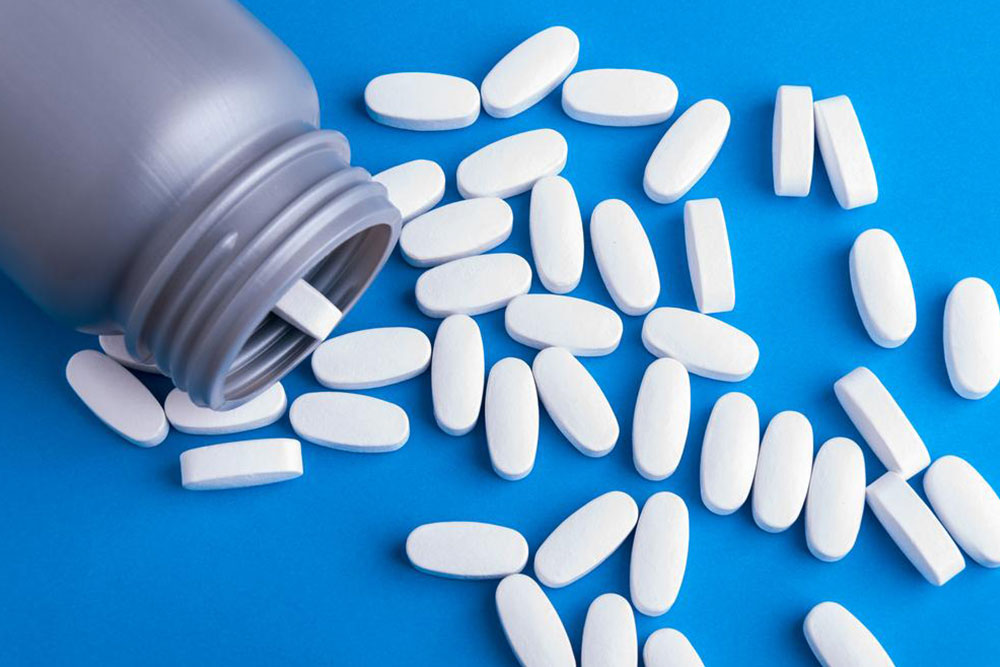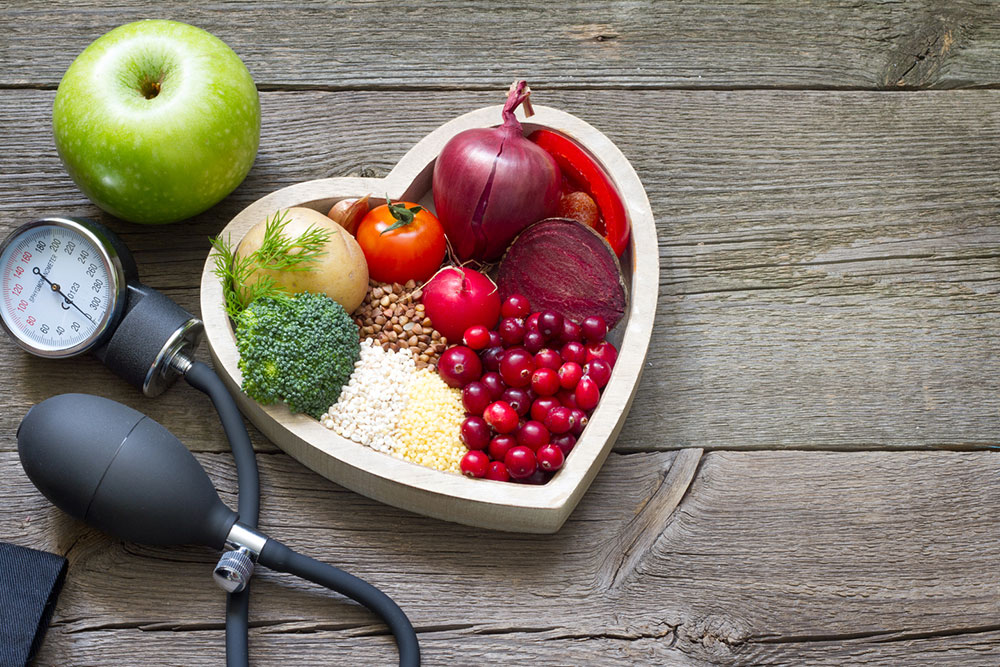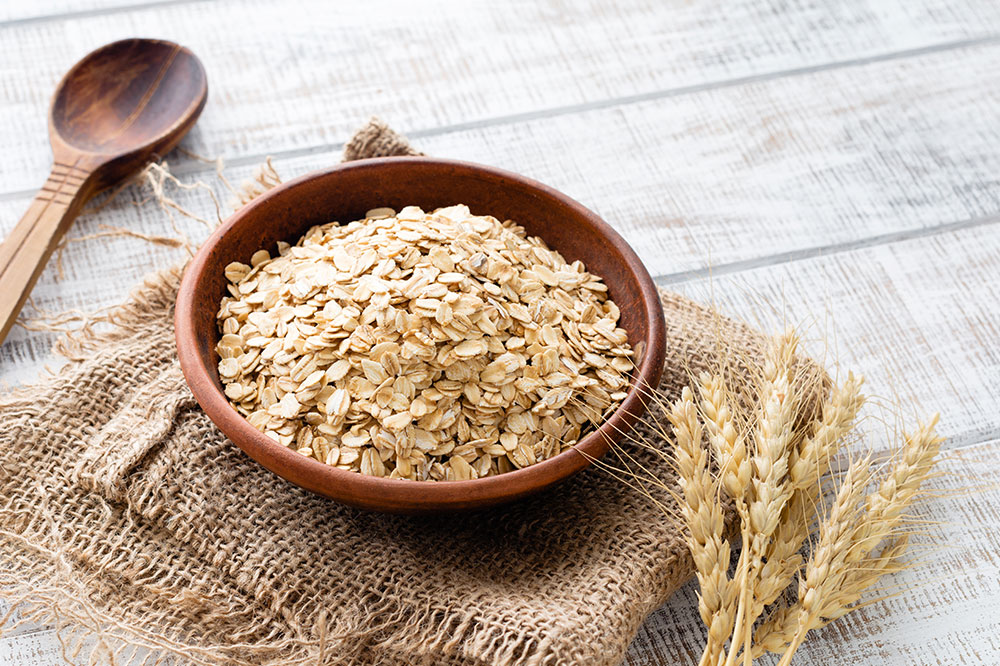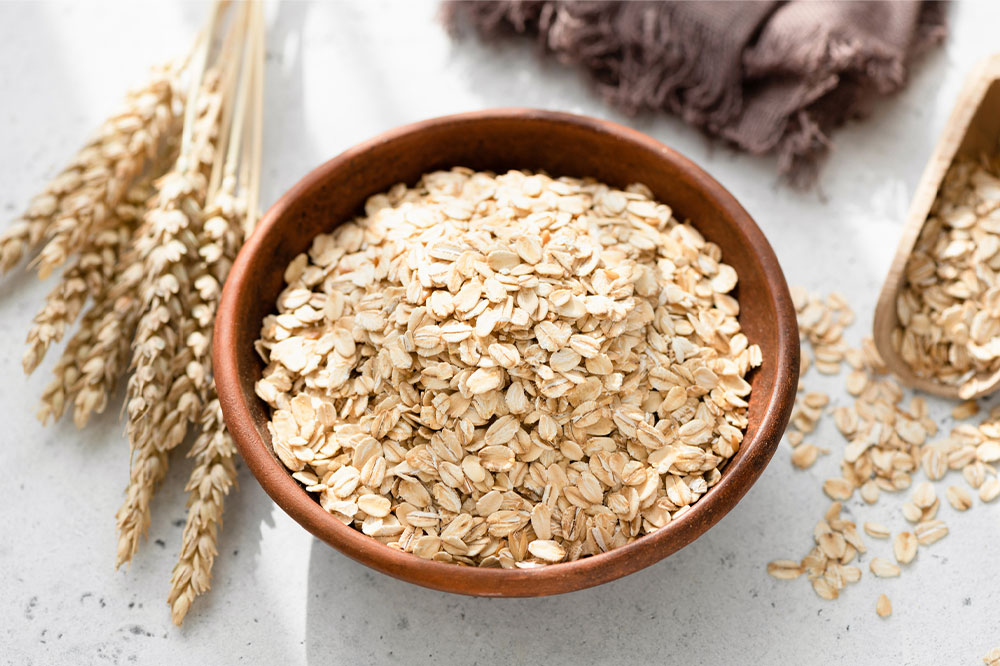Effective Natural Supplements for Managing Cholesterol Levels
Discover effective natural supplements to manage high cholesterol levels. From omega-3 fish oil and artichoke extract to psyllium and plant sterols, this guide highlights safe options that support heart health. Learn about benefits, potential side effects, and the importance of consulting healthcare providers for optimal results and safe usage, especially alongside prescription meds.
Sponsored

Elevated cholesterol levels pose risks such as heart attack and stroke. To promote cardiovascular health, lowering bad cholesterol is essential. Combining a balanced diet, regular exercise, and targeted supplements can be highly effective. This guide explores popular natural options to support healthy cholesterol. Choosing the right supplements may help maintain optimal levels and improve overall heart health.
Top Natural Supplements for Cholesterol Regulation
Omega-3 Fish Oil
Rich in omega-3 fatty acids, fish oil can decrease triglyceride levels by up to 30%. It may also reduce cardiovascular risks but can contain mercury and cause side effects like bad breath, nausea, or diarrhea. Consultation with a healthcare provider is recommended before use.
Artichoke Extracts
These can help lower total and bad cholesterol but might cause gas or allergic reactions. More research is needed to confirm long-term benefits.
Niacin (Vitamin B3)
Helps boost good cholesterol and reduce triglycerides. Use under medical supervision, as high doses may lead to headaches, flushing, nausea, or rare liver issues.
Red Yeast Rice
Contains monacolin K, which reduces cholesterol. However, products often contain unregulated lovastatin-like substances, posing potential health risks as per FDA warnings.
Garlic
Widely used for cholesterol management, but studies show limited effectiveness, typically causing minor cholesterol reduction.
Psyllium Fiber
A natural soluble fiber effective in lowering cholesterol and triglycerides. Should be taken cautiously as excessive amounts may cause digestive discomfort.
Barley & Soy Protein
Both can help reduce cholesterol levels. Whole-grain barley foods aid heart health, while soy replaces high-fat protein sources.
Whey Protein
Contributes to lowering cholesterol and triglycerides but may cause gas or gastrointestinal distress.
Oat Bran
Supports heart health by reducing cholesterol but can cause bloating if consumed excessively.
Plant Sterols/Stanols
Help lower total and bad cholesterol but may cause intestinal issues. They might be less effective if combined with certain medications like ezetimibe.
Ground Flaxseed
May lower triglycerides; side effects include gas and bloating and potential medication interactions.
Green Tea Extract
Known for reducing bad cholesterol, but it may cause gastrointestinal issues and interact with blood thinners.
Other Natural Options
Supplements like policosanol, buckwheat, and grape polyphenols show promise, but more research is needed to confirm their benefits. Some may interact with blood clotting medications.
Always research each supplement's benefits and side effects. Consulting a healthcare professional before starting any new supplement is crucial. Maintaining a healthy lifestyle with diet and exercise maximizes these supplements' effectiveness. For higher cholesterol levels, prescription medications might be necessary. Inform your doctor about all supplements to prevent adverse interactions.






